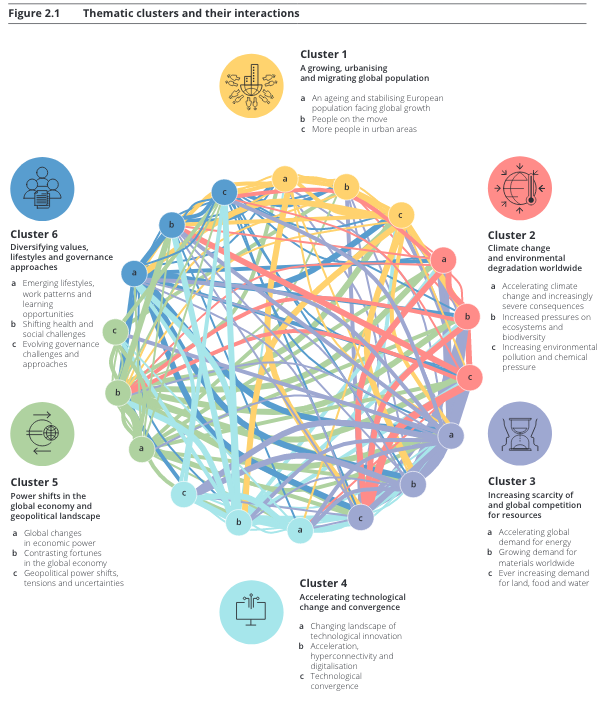The Boater Behaviour Survey as part of CEP’s research for the Life ReMEDIES Project is now live
CEP is seeking a range of recreational boaters to take part in a survey about boating practices and sea grass as part of the LIFE Recreation ReMEDIES project.
LIFE Recreation ReMEDIES is a four-year marine conservation partnership project working to Save Our Seabed at five Special Areas of Conservation along England’s south coast, through seagrass restoration, education and innovation. It is funded by the EU LIFE programme and led by Natural England in partnership with Marine Conservation Society, Ocean Conservation Trust, Plymouth City Council/Tamar Estuaries Consultative Forum and Royal Yachting Association.
The project is looking at the behaviours of people who boat for recreation specifically focussing on anchoring and mooring in seagrass. We are focusing on two special areas of conservation Plymouth Sound & Estuaries and Solent Maritime – Isle of Wight and would like to hear from people who go boating for recreation in these areas.
We are really keen to involve as wide a range of recreational boaters as possible, so if you are able to help us to publicise the survey and encourage boaters to participate please do so by sharing this link: https://www.surveymonkey.com/r/R5H7PJ3
If you’re a sailor, powerboater or enjoy any other type of recreational boating in and around the Solent/Isle of Wight or Plymouth, we’d like to find out more about you and your boating practices. Please complete our online survey, open until Wednesday 2 December.
If you have any queries about this survey, please contact Clare Twigger-Ross (Technical Director).













